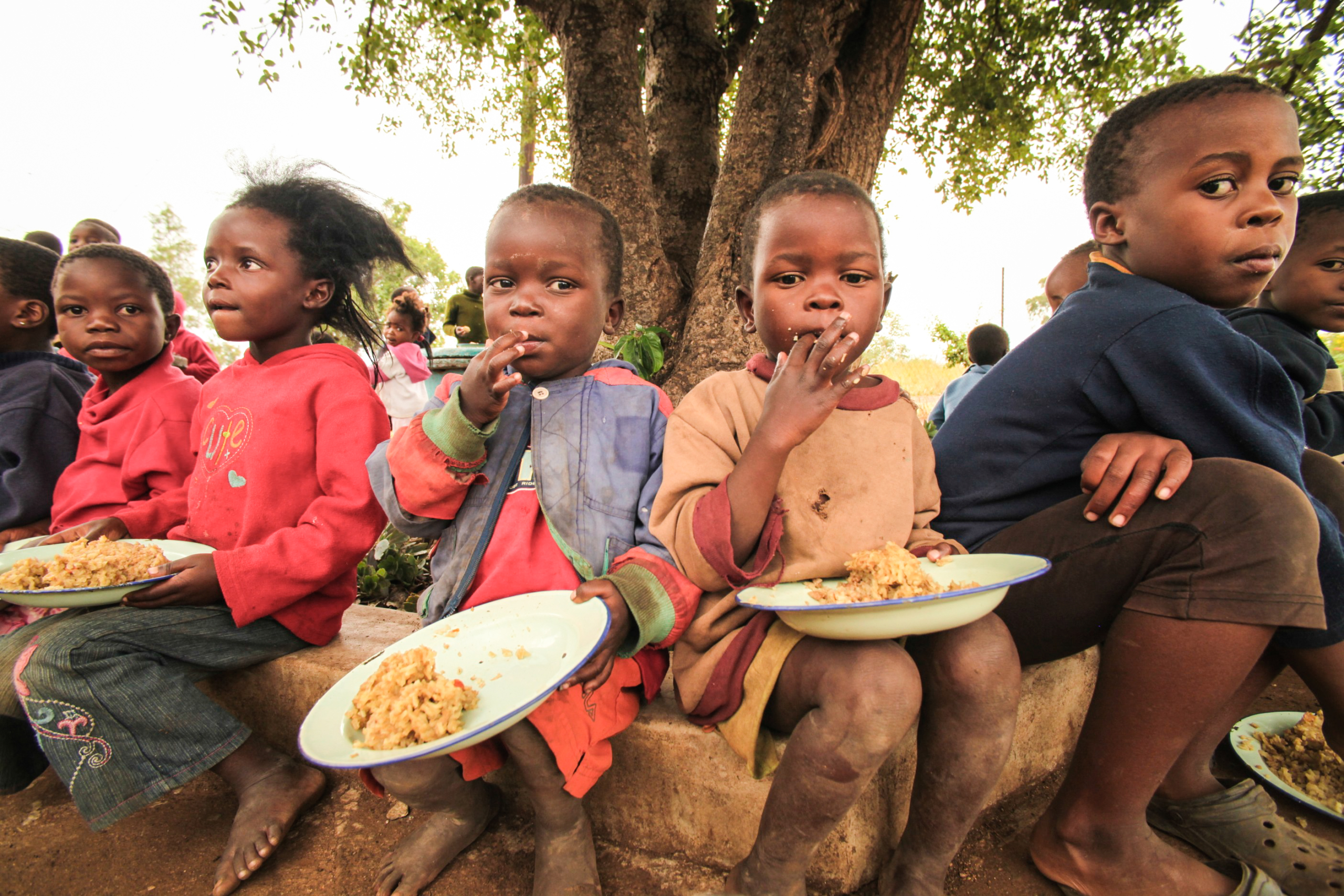5 NGOs Fighting World Hunger
 Ending world hunger isn’t an easy task. For decades now, famine and food insecurity have caused problems worldwide. When kids are malnourished, they are unable to successfully perform at school, limiting their chances at an education. They are also at risk of weakened immune systems. Non-governmental organizations are working to help fight famine. Here are five NGOs fighting world hunger all across the world.
Ending world hunger isn’t an easy task. For decades now, famine and food insecurity have caused problems worldwide. When kids are malnourished, they are unable to successfully perform at school, limiting their chances at an education. They are also at risk of weakened immune systems. Non-governmental organizations are working to help fight famine. Here are five NGOs fighting world hunger all across the world.
5 NGOs Fighting World Hunger
- Action Against Hunger. Action Against Hunger is a global nonprofit organization that has been working to end famine since 1979. Originally starting in France, Action Against Hunger now works in more than 50 countries worldwide, including Malawi, Cambodia, Nepal and Ethiopia. The organization takes a hands-on approach, addressing malnutrition through several points. These include developing nutritional products, promoting food security through public health and using research to develop nutritional products. The final goal of the organization is ending world hunger.
- A Growing Culture. A Growing Culture believes in ending word hunger by advocating for independent, smallholder farmers everywhere. According to the organization, smallholder farmers make up 94 percent of the world farms while providing 70 percent of the world’s food. A Growing Culture supports farmers in creating sustainable agricultural practices through outreach, information exchange and advocacy. By doing this, it ensures that local farms can grow crops to help their local communities. Sustainable farming practices are better for ecological systems as well as people. Smallholder farms have less risk of pesticide abuse, waste runoff and water supply contamination.
- The Carbon Underground. The Carbon Underground believes in ending world hunger by using a technique called regenerative agriculture. Regenerative agriculture is described as “a system of farming principles and practices that increases biodiversity, enriches soils, improves watersheds and enhances ecosystem services.” This can include capturing carbon in the soil while reversing atmospheric accumulation. The Carbon Underground organization also believes that regenerative agriculture is beneficial for food and freshwater security and healthier food production. Furthermore, it supports the world’s farmers. These benefits can change entire communities and cities. When people have access to fresh water and clean crops, they are able to have nutritious meals, feel more focused in school or work and contribute to society.
- The Small Planet Institute. In the late 1960s, Frances Moore Lappé began writing a book that would revolutionize the way people would think about food. The book, titled “Diet for a Small Planet,” sold more than three million copies. In the book, Lappé discusses the myth of “scarcity in a world of plenty.” It dives into concepts of responsible agriculture, the environmental impact of animal products and the philosophy of food. The award-winning book went on to become the inspiration for The Small Planet Institute, an organization that she began with her daughter. One of the main programs of the group is dedicated to ending world hunger by discussing some of the myths and facts about famine.
- Alliance for Food Sovereignty in Africa (AFSA). The Alliance for Food Sovereignty in Africa (AFSA) believes in transitioning Africa toward safe agriculture and an environmentally friendly future. The AFSA also strongly believes in consumer action. This means that consumers should have a say in the crops grown, the way they are produced and agroecology. Agroecology is the link between agriculture and the ecological process in which it can flourish. By giving African citizens the skills they need to succeed in farms, they are able to contribute more to society, send children to school and give communities the ability to flourish independently.
World hunger continues to be a problem worldwide. However, non-government organizations are stepping in to help combat these problems. Malnutrition and famine are proven to hinder students in school, parents in the workforce and communities. But with the help of these organizations, vulnerable people are able to get the assistance they need in the fight toward ending world hunger.
– Asha Swann
Photo: Flickr
